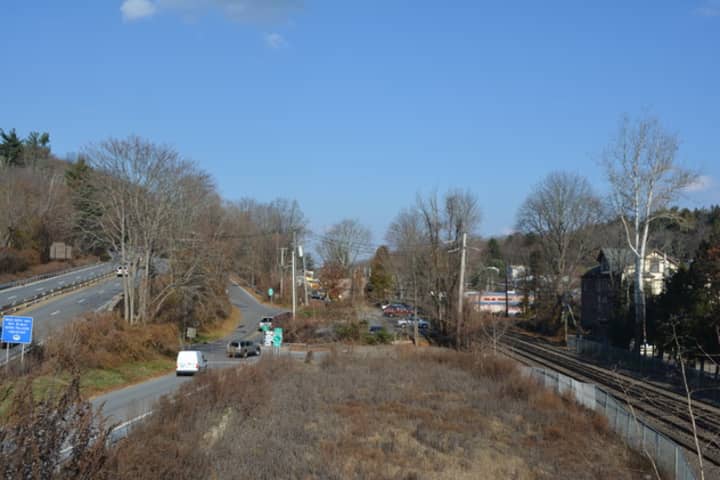In the lawsuit, which was filed on Feb. 20 in state Supreme Court in White Plains, Conifer argues that a portion of the town's code covering workforce housing means that the permit lasts for 25 years and not for an 18-month period that applies to special permits in general.
Conifer is seeking a ruling from the court declaring that the 25-year period applies.
The New Castle Town Board voted 3-2 to approve the permit for the 28-unit apartment building on Sept. 10, 2013. The project site is located on roughly one third of an acre and is at 54 Hunts Place.
In its lawsuit, Conifer argues that the town's application of the provision "would place a legally impermissible, unfair and undue hardship upon the Plaintiff" and adds that it would add an obstacle to fulfilling the purpose of legislation to removing obstacles to workforce housing development.
Edward Phillips, an attorney for the town, takes issue with Conifer's interpretation. He explained that the 18-month period applies to construction of the building, while the 25-year period is for a separate period, which is for the building's use as workforce housing.
Phillips, speaking with Daily Voice and contrasting the difference, said the idea that someone can get a special permit and take 25 years to build it is "ludicrous."
The town attorney expressed similar remarks in a response to Conifer's lawsuit, which was filed with the court on Tuesday, March 3.
The reply makes the same distinction between the construction and use timelines. It also notes that the town code lists the latter under "additional standards and requirements for particular uses," meaning that the 25-year timeline for operation supplements the 18-month window for construction.
"Conifer has dragged the parties into court not for adjudication of any genuine dispute, but in a misguided attempt to embarrass the Town."
Asked for comment regarding Phillips' argument, Randolph McLaughlin, an attorney for Conifer, stood by his client's assertion, arguing the town's interpretation is "flatly contradicted" by words adopted in the workforce housing code.
A reply from Conifer to Phillips' opposition papers will be filed on Friday, McLaughlin added.
The lawsuit is the latest legal action involving the parties.
Last year, Conifer filed a housing-discrimination complaint with the U.S. Department of Housing and Urban Development (HUD), Daily Voice previously reported.
The HUD complaint is still pending, according to McLaughlin.
In January, Conifer received approval from a state board for four building and fire code safety variances for the project, which came more than six months after it denied seven variances that were previously requested. Before Conifer returned to the board, the project was updated with more fire-protection measures, including exterior sprinklers.
Phillips, in a Feb. 17 letter fto the state board, urged it to reconsider its approvals, noting that the physical constraints near the proposal's site have not changed. McLaughlin criticized the attempt to get the variances repealed.
Click here to follow Daily Voice Chappaqua and receive free news updates.


